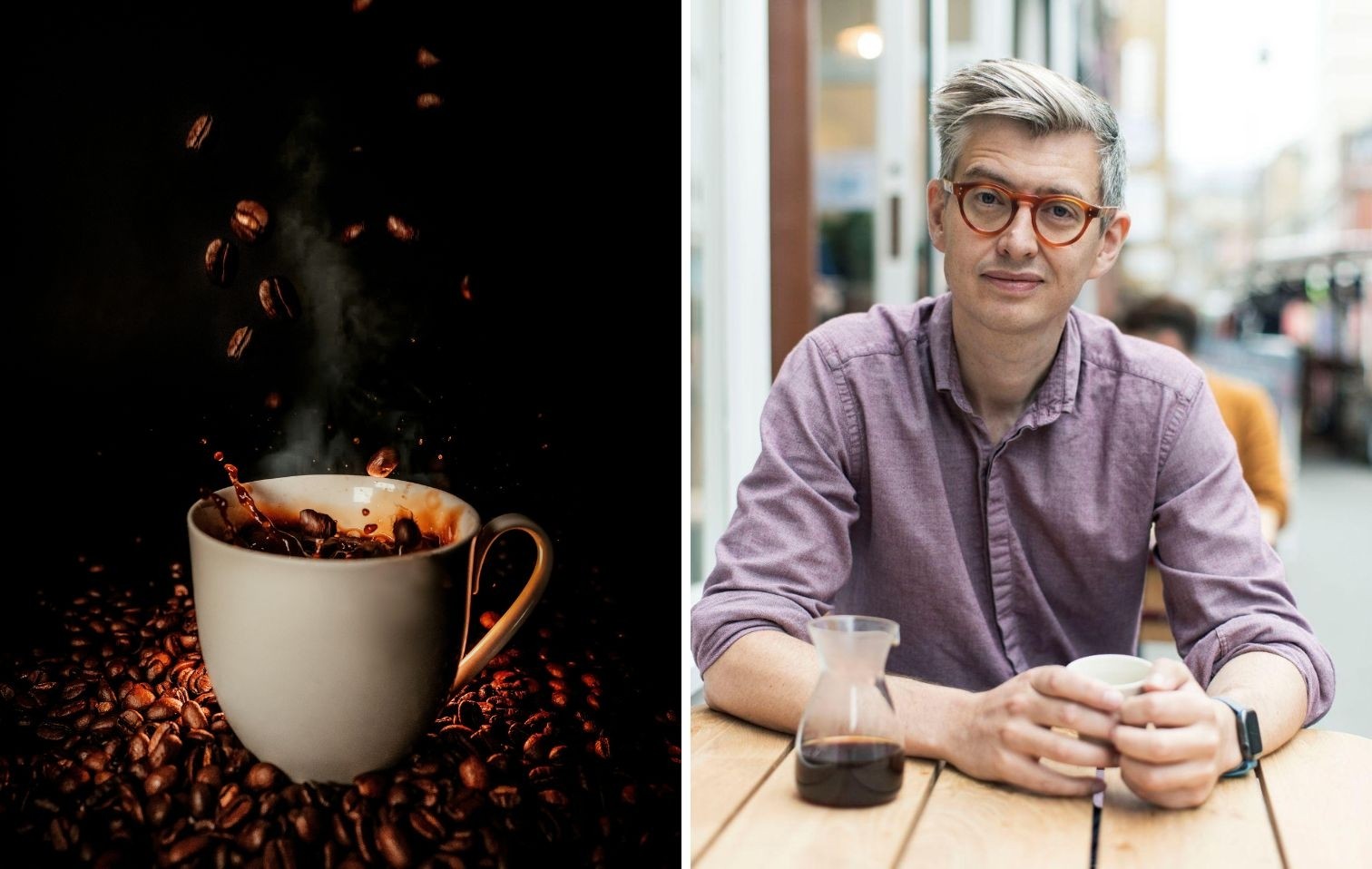James Hoffmann's book-atlas chronicles the world of coffee and addresses current issues, from raw material sourcing to final price.
The opinion
It often takes a visit from a close friend from abroad to discover the beauty of the city in which we live or a certain exchange of jokes to realize the true meaning of idioms used on a daily basis, while it takes James Hoffmann, the world's foremost expert on coffee, to make curiosity arise to learn more about the beverage that almost everyone consumes at least once a day. “Concerning coffee there are many 'absolute truths' that, if you investigate thoroughly, you will find are held together with tweezers. It's a whole universe to discover," Hoffmann told Sietes Canibales during The Coffee Fest in Madrid.
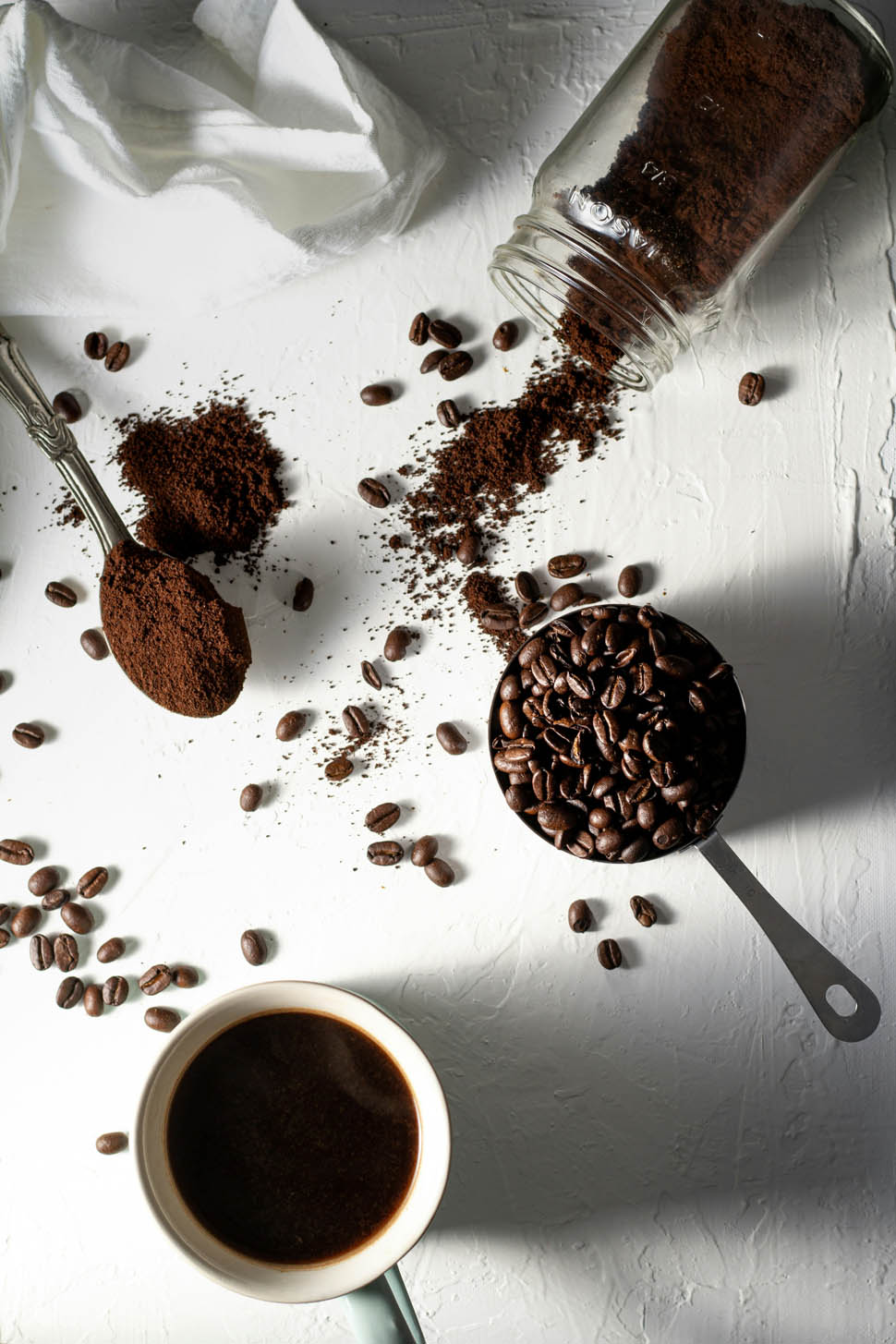
“World Atlas of Coffee” is the book, in the guise of an atlas, that the coffee guru-unmistakable for his white topknot, horn-rimmed glasses and extremely intellectual allure-has, recently, published to chronicle his great passion:”...there was no such book. There was a lot of information scattered around, but none that really connected all the dots. I wanted to create something that both professionals and coffee lovers could appreciate and learn from without getting bogged down in technicalities," he confides. A work that aims to explore the innermost lands of the coffee world and narrow the knowledge gap between experts and regular consumers of a beverage that is as widespread as it is taken for granted.
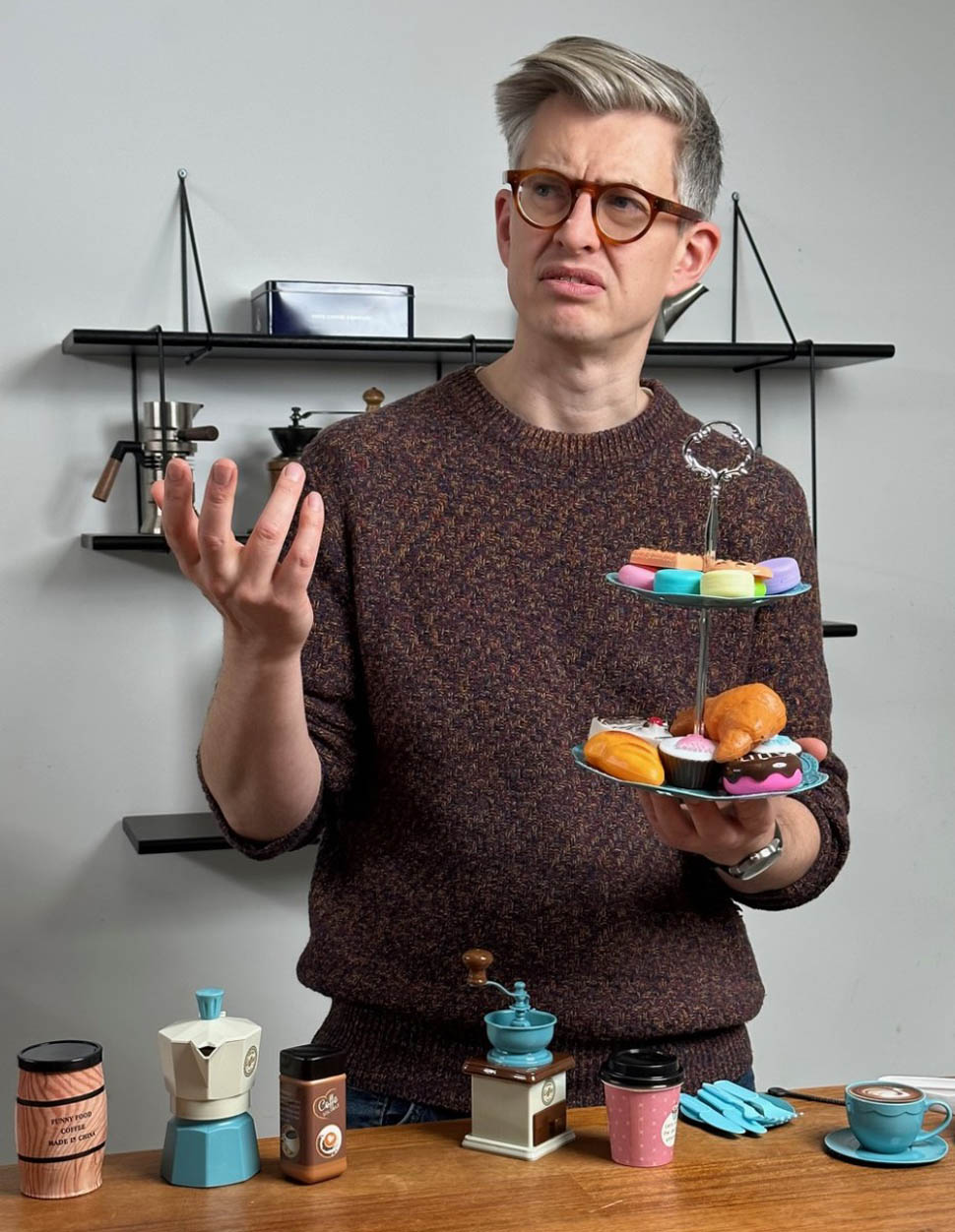
"The gap between experts and average consumers still exists, but with time it is also getting thinner and thinner from a practical point of view. Before, people saw the huge coffee machines in coffee shops and thought, 'Well, I'll never be able to make coffee like that at home.' Now, however, they know they can do it and without spending a fortune. With a little information and a good product, anyone can make amazing coffee at home as well." Analyzing coffee, which most consumers are used to buying, from an economic point of view Hoffmann is keen, then, to point out, “The absurd thing that no one thinks about is that you can buy coffee at the supermarket by spending a tot and, for twice the price you can buy one of the best coffees in the world. For what other product does this happen? Just think of wine: you cannot go from a wine destined for mass distribution to a luxury wine by spending only twice the price! With coffee, on the other hand, yes, yet people still think it is expensive. There is still a fear among roasters that if they raise prices, consumers will stop buying, but there is no evidence of this. What is certain is that if we all don't start paying more for coffee, the producers will stop growing it. There are more profitable crops, and in the end, people need food more than they need coffee,” he explains.
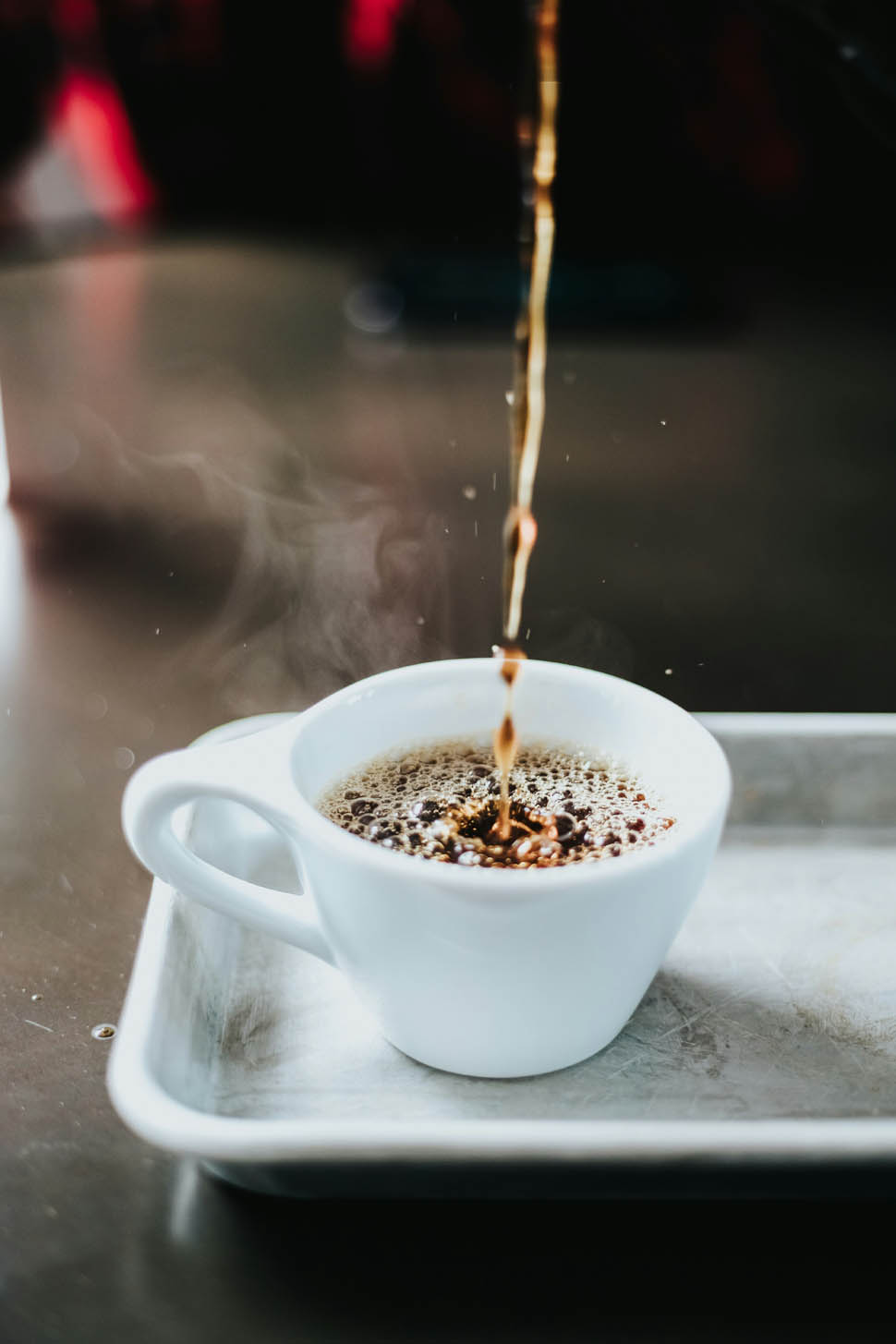
As is the case in many, if not all, other sectors, the world of coffee is not exempt from the effects of climate change despite the fact that there are some countries, such as Colombia, that are proving to be pioneers in the most advanced systems for growing the beverage that accompanies and punctuates everyone's days. "As temperatures rise, the situation will become more and more complicated. Some regions that now produce good coffee may no longer be profitable , and even if other areas become suitable for cultivation, that does not mean they will produce high-quality coffee. Because of climate change, growing good coffee will become increasingly difficult. Technology is certainly a source of great support, but by itself it is not enough. Colombia, is, certainly, one where there are solid businesses that can afford to experiment without risking their hides; in other countries, however, innovation is a luxury few can afford."
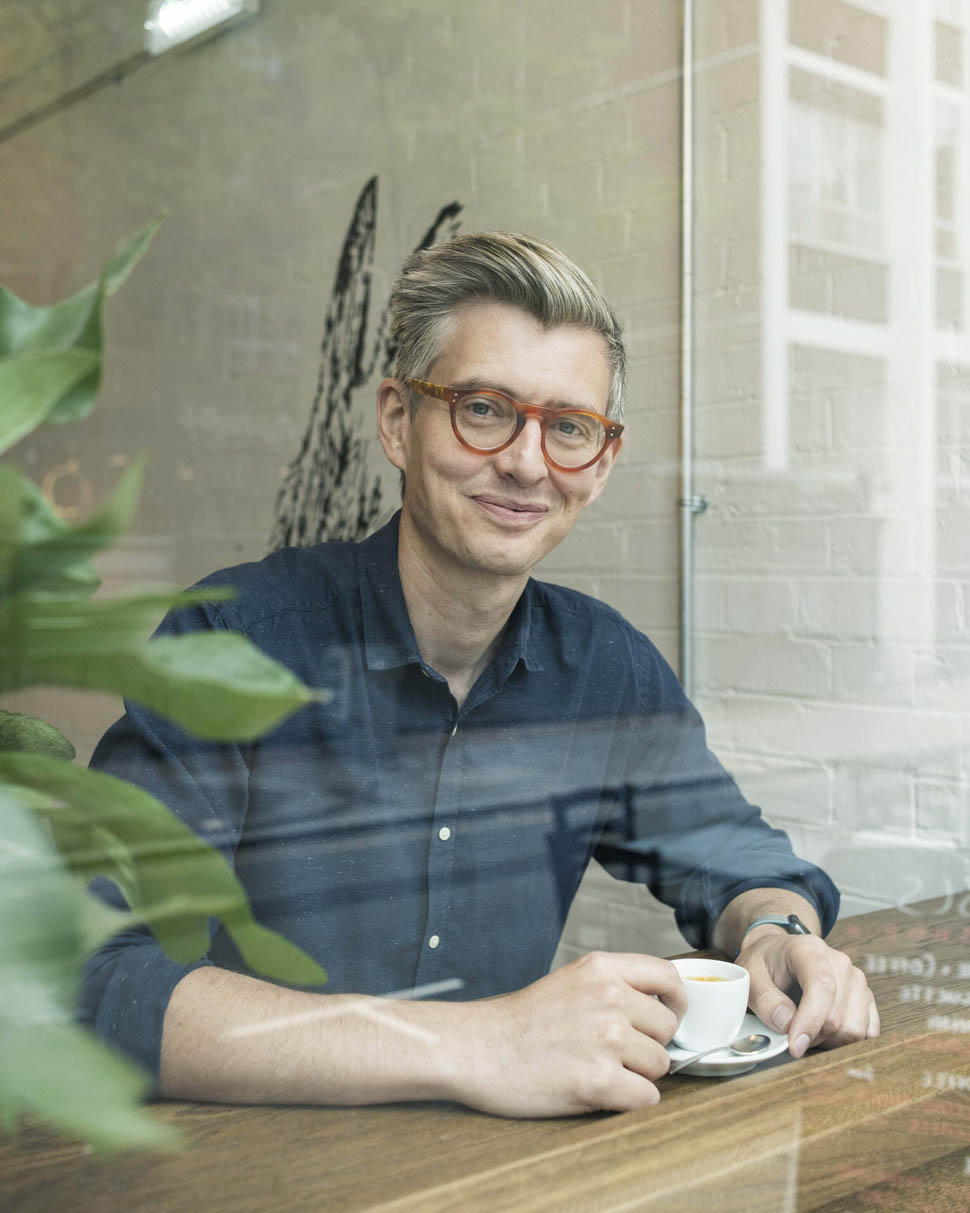
Coffee is an eclectic and versatile product that adapts to all tastes, traditions, and preferences, so much so that even the least accustomed person or person who does not drink coffee can list more than three ways to enjoy it. Hoffmann, who has surely tasted many coffees, wishes to bring to light some often forgotten traditions without, however, expressing his preference because, ”...there is no ‘better method’ than another to prepare coffee. It is like asking a cook what is the best way to cook chicken. There are many ways, and each can prove to be extraordinary if used in the right way. If you use quality coffee, quality water and proper grinding, you will always get a great cup of coffee."
